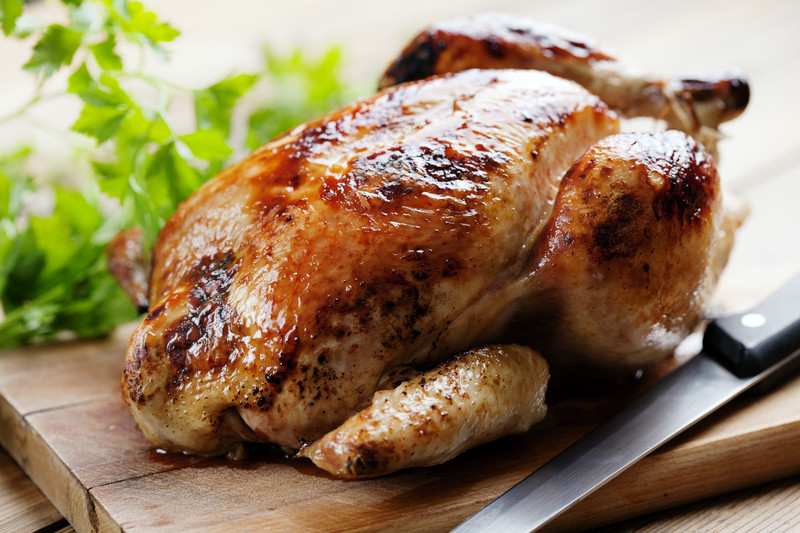Understanding Pasture-Raised Poultry: A Regenerative Farmer's Perspective
posted on
October 16, 2024
Today, we want to dive into a topic that is increasingly important for consumers looking for the healthiest choices for their families: pasture-raised poultry. There’s a lot of conversation around this subject, and we want to shed light on why choosing pasture-raised poultry is beneficial, especially when considering the feed we provide our birds.

The Case for Pasture-Raised
At Pure Pasture Farms, our chickens, turkeys and ducks are raised on pasture, enjoying the benefits of fresh air, sunlight, and the opportunity to forage for natural foods. This lifestyle not only contributes to their overall health but also significantly impacts the nutritional quality of the meat. Pasture-raised poultry have access to a diverse diet that includes grasses, insects, and other foraged foods, all of which contribute to healthier fatty acid profiles.
However, it's essential to recognize that birds cannot live on grass alone. They have high-energy needs due to their active lifestyle, which is where our feed comes into play.
The Feed We Choose
We supplement our pasture-raised birds with a non-GMO feed supplement that includes non-bioengineered corn and soy. Why? Because we believe that substituting these vital energy sources without a well-researched alternative raises questions about the quality of the nutrition we provide. Non-bioengineered corn and soy have not been genetically engineered, which is crucial for ensuring the integrity of our food system.
You might wonder, "What are you replacing corn and soy with?" It's a valid question. If we were to eliminate these ingredients, we must ensure that any replacements maintain or enhance the nutritional value of the feed. Otherwise, we risk compromising the health of the birds and, ultimately, the health of those consuming their meat.
The Importance of Fatty Acids
One of the key aspects of the question about corn and soy is the fatty acid profile of our birds. The right feed influences the balance of omega-3 and omega-6 fatty acids, which are essential for human health. Many people overlook the fact that not all fats are created equal. We need to differentiate between saturated, monounsaturated, and polyunsaturated fats in our diets.
When sourcing feed for our poultry, it’s crucial to ask whether the absence of corn and soy positively impacts the fatty acids in the turkey or chicken. If removing these ingredients doesn’t lead to a significant improvement in fatty acid content, we might as well stick to conventional methods. Our goal is to optimize health benefits, not just follow trends or labels.
Transparency in Food Production
As regenerative farmers, we encourage our customers to dig deeper. When you see terms like "corn-free" or "soy-free," it’s important to ask what is used to replace them and their impacts. What are the implications for the fatty acid profiles in these birds? How do these choices influence your health as a consumer of the food?
At Pure Pasture Farms, we are committed to transparency in our practices. We raise our chickens and turkeys with uncompromising principles, ensuring that they are healthy, happy, and free from medications, antibiotics, and synthetic inputs. Our focus is on producing nutrient-dense food that benefits both the consumer and the planet.
Conclusion
In your quest for the healthiest options for your family, don’t settle for surface-level information. Challenge the producers of your food to provide clarity on their practices and the nutritional outcomes of their choices. At Pure Pasture Farms, we’re proud to offer pasture-raised turkey and chicken that not only tastes great but also aligns with our commitment to regenerative farming and sustainable practices.
Thank you for taking the time to learn more about the importance of pasture-raised poultry and the feed that sustains our birds. Together, we can make informed choices that nurture our health and the health of our planet—one bite at a time.
Warmly,
Travis and Melissa Cole
Pure Pasture Farms





